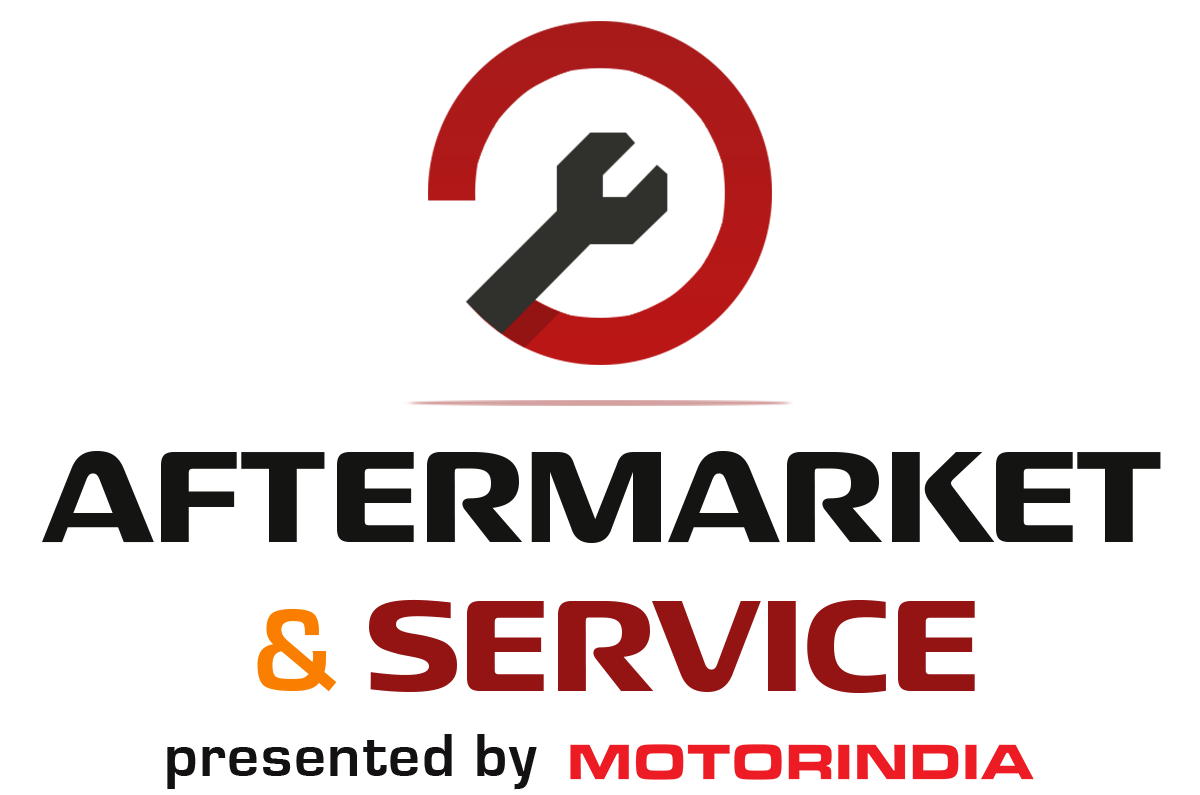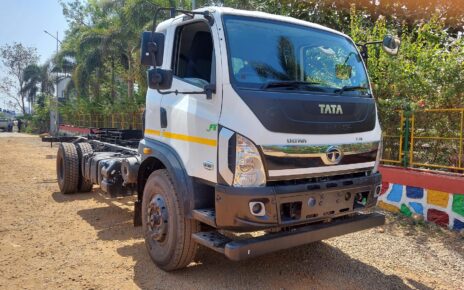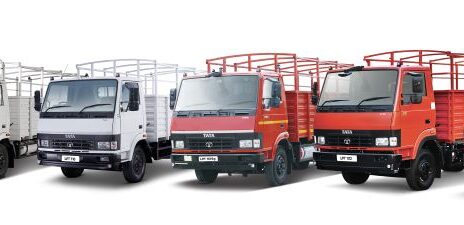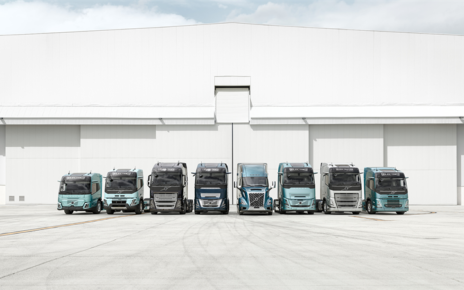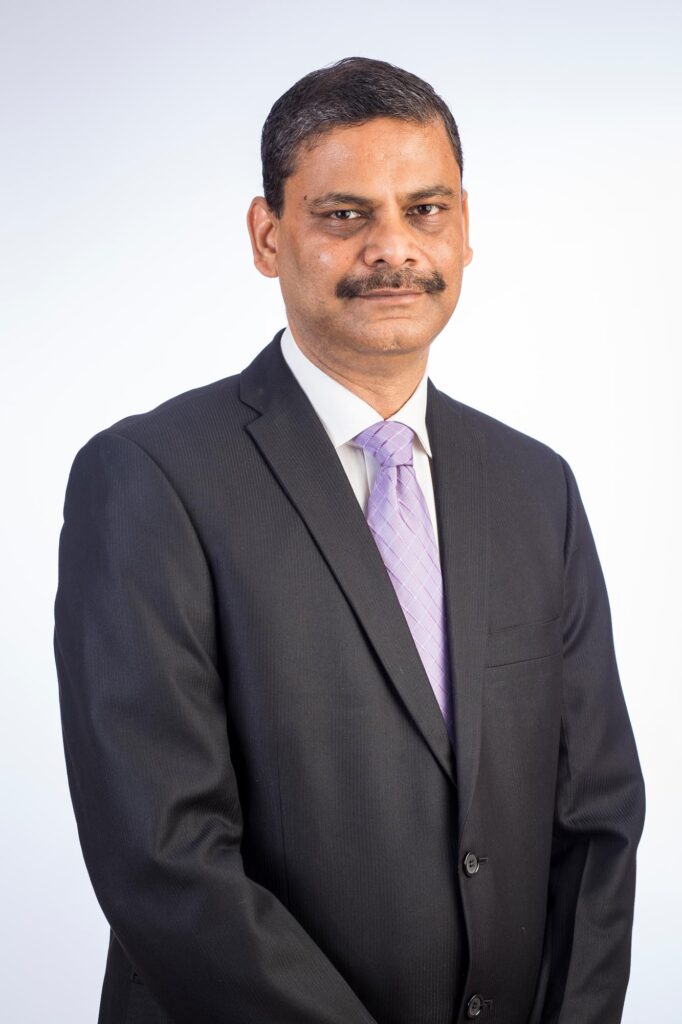
In the dynamic landscape of the Medium and Heavy Commercial Vehicle (M&HCV) industry, companies like Ashok Leyland are at the forefront of innovation and customer-centric service. As the demand for commercial vehicles continues to grow, fuelled by sectors like infrastructure development, logistics, and construction, it becomes imperative for companies to not only meet but exceed customer expectations. In this interview with Sanjeev Kumar, President, MHCV, Ashok Leyland, N. Balasubramanian and Raghul Sivaguru delve into the strategies and initiatives undertaken by the company to maintain a strong foothold in the market, expand its network, and deliver unparalleled aftersales service.
How are sentiments in the M&HCV truck industry at present? How is business at Ashok Leyland?
The current sentiment in the M&HCV (Medium and Heavy Commercial Vehicle) truck industry is generally positive. Across the sector, there is a sense of stability and growth, buoyed by strong demand in key sectors such as infrastructure, logistics, and construction. At Ashok Leyland, one of India’s leading commercial vehicle manufacturers, we’re experiencing similar trends. While there may be fluctuations in specific market segments, overall business conditions remain favorable. Our focus on innovation, customer satisfaction, and strategic expansion has positioned us well to capitalize on emerging opportunities and navigate challenges effectively.
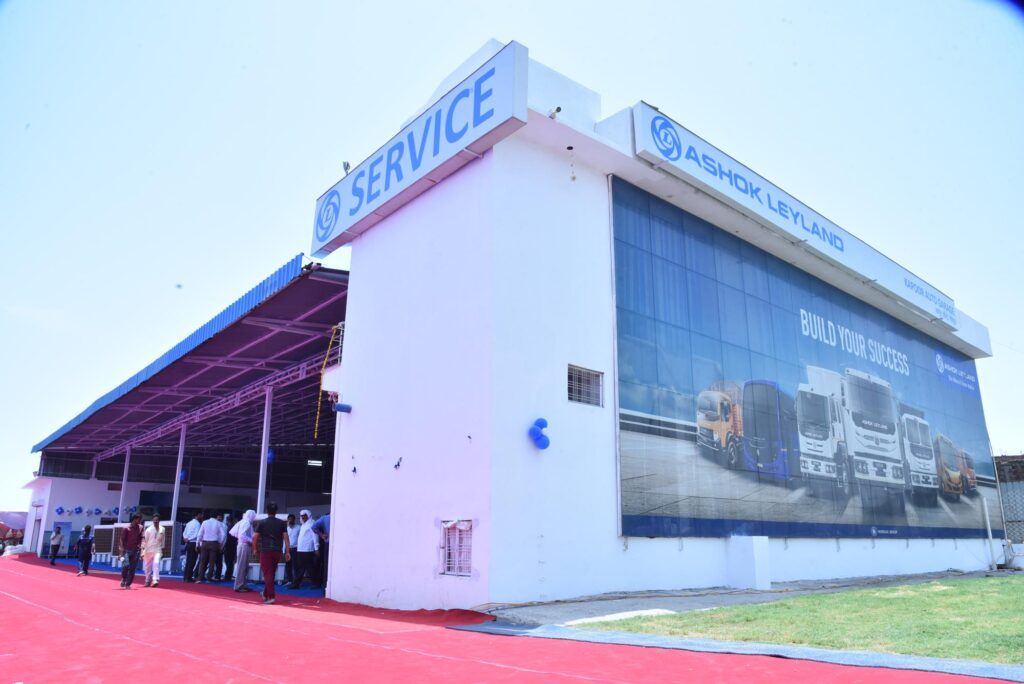
How is Ashok Leyland’s network for M&HCV business? What are your expansion plans?
Ashok Leyland’s network for M&HCV business is robust and continually evolving to meet the demands of a dynamic market. We’ve undertaken strategic initiatives to expand our reach and enhance our service offerings across the country. Our expansion plans include increasing the number of outlets, particularly in under-served regions like the North and East. By strengthening our presence in these areas, we aim to improve accessibility for customers and provide them with timely and efficient support. Additionally, we’re investing in infrastructure and technology to streamline operations and deliver a seamless customer experience. Our goal is to establish Ashok Leyland as the preferred choice for commercial vehicle solutions, backed by a reliable and extensive network.
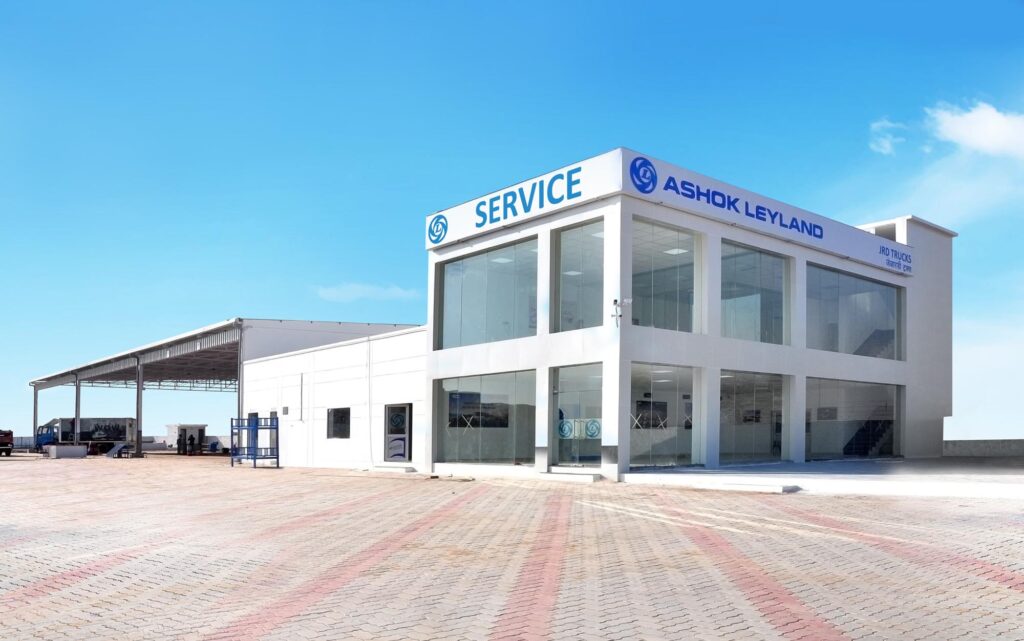
What is Ashok Leyland’s strategy for aftersales service?
At Ashok Leyland, aftersales service is a cornerstone of our business strategy. We recognize that providing exceptional service is crucial for fostering long-term customer relationships and sustaining our competitive edge. To this end, we’ve implemented a multi-faceted approach that encompasses proactive maintenance, timely repairs, and personalized support.
We were the first ones to introduce ‘Tatkal’ service in 2010 by which we guarantee a response to our customers within four hours and restore the vehicle within 48 hours. Our service centers are equipped with state-of-the-art facilities and staffed by highly skilled technicians who undergo regular training to stay abreast of the latest industry developments. Additionally, we’ve embraced digital technologies such as the Uptime Solution Center and the AL Care App to enhance service delivery and optimize customer engagement. Through these initiatives, we aim to exceed customer expectations and set new benchmarks for excellence in aftersales support. In fact, we are setting up a new state-of-the-art Uptime Solution Center(USC) in Chennai, with the idea of reaching out to the drivers directly and guiding them on the actions to be taken in case of any issues with the vehicle.
How is your spare parts business performing? Additionally, could you elaborate on the dynamics between OE spares and the independent aftermarket?
I recall until 2016, the revenue of our spares business hovered around Rs. 600 crores. We recognized the need to adopt a more dynamic approach, akin to that of a Fast-Moving Consumer Goods (FMCG) company. Central to this transformation was our engagement with stakeholders, particularly mechanics. Through initiatives like credit and loyalty programs, we identified and cultivated relationships with over 40,000 mechanics. Their consumption patterns provided invaluable insights, guiding our strategic decisions.
Furthermore, we established partnerships with 10,000+ retailers, enhancing accessibility to Ashok Leyland parts. Complementing this, we pioneered the concept of exclusive part stores, numbering nearly 700, dedicated solely to Ashok Leyland parts. This strategic network of external stakeholders significantly bolstered the Ashok Leyland brand presence across markets.
This concerted effort to engage with the aftermarket ecosystem yielded tangible results, leading to an annual growth of almost 30%.
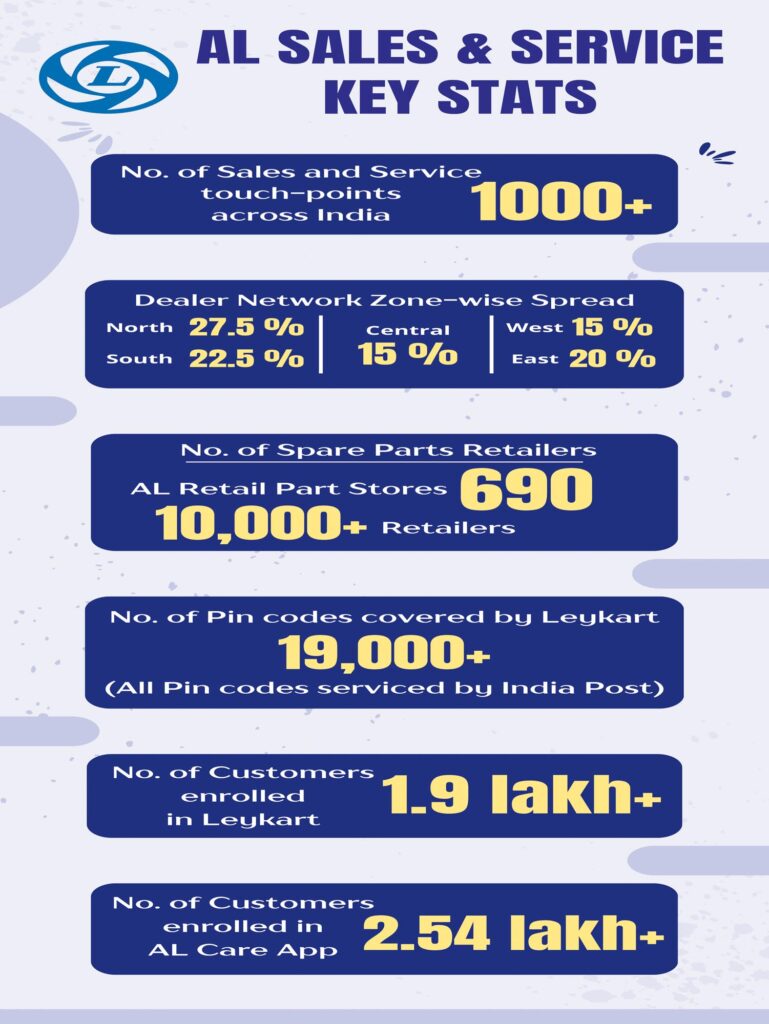
How do you ensure training and support for mechanics across the country?
Ensuring the proficiency of mechanics across our network is a top priority for Ashok Leyland. We have nearly 40,000 independent mechanics who are our extended arm; they are linked with us in terms of what parts they consume, and we provide training for them as well. We’ve established a comprehensive training program that encompasses both theoretical knowledge and practical skills development. Our network of service training centers serves as hubs for mechanic training, offering courses tailored to the specific needs of dealership staff, service technicians, and even customers. Additionally, we have around 40 knowledge-on-wheels (KNOW) vehicles to bring training directly to remote areas, ensuring accessibility for mechanics in every corner of the country. Furthermore, we’ve implemented initiatives to support independent mechanics, providing them with access to training resources and technical assistance. By fostering a culture of continuous learning and skill enhancement, we empower mechanics to deliver superior service and uphold our commitment to customer satisfaction.
Can you elaborate on the operations of your service training institutes?
Ashok Leyland’s service training institutes play a pivotal role in enhancing the skills and expertise of mechanics within our network. We have around 12 such institutes that offer a wide range of courses designed to cover various aspects of vehicle servicing and repair. From basic maintenance techniques to advanced diagnostic procedures, our training programs are tailored to meet the diverse needs of our technicians. Participants receive hands-on training using state-of-the-art equipment and tools, ensuring that they are well-equipped to handle real-world challenges. Additionally, our service training institutes serve as hubs for knowledge sharing and collaboration, fostering a culture of continuous improvement and innovation within the organization. By investing in the development of our technicians, we ensure that they remain at the forefront of industry trends and deliver superior service to our customers.
How do you handle warranty issues when vehicles are serviced by outside mechanics?
Warranty management is a critical aspect of our aftersales service strategy. While vehicles serviced by outside mechanics may present challenges in terms of warranty coverage, we have processes in place to address such issues effectively. We ensure transparent communication with all our customers to resolve warranty issues promptly and uphold the integrity of our service commitments. Furthermore, we continuously engage with our associated mechanics by providing them with access to technical support and incentivising them on the usage of Leyparts® (Ashok Leyland Genuine Parts).
How do you address customer expectations for quick vehicle repairs?
Meeting customer expectations for timely vehicle repairs is a top priority for Ashok Leyland. We understand that downtime can have a significant impact on our customers’ operations, which is why we’ve implemented measures to expedite the repair process. Our service centers are equipped with advanced diagnostic tools and equipment, enabling our technicians to quickly identify and address issues. To address cases of unforeseen breakdowns, we maintain a network of mobile service units to provide onsite repairs and support with a promise of response within four hours and vehicle restoration within 36 hours. Furthemore, with our USC, we will leverage digital technologies such as predictive analytics to anticipate potential maintenance issues before they escalate.
How do you leverage technology like AI and ML for better customer experience?
Technology plays a crucial role in enhancing customer experience. We are planning to develop artificial intelligence (AI) and machine learning (ML) algorithms to analyse data collected from connected vehicles and predict potential maintenance issues. By proactively identifying these issues, we will be able to schedule preventative maintenance and avoid costly breakdowns. Additionally, we are also planning to leverage AI and ML algorithms, to develop an automated query resolution system which can facilitate workshop technicians to perform quick and efficient vehicle diagnosis and repairs. We’re committed to delivering greater value and convenience to our customers while setting new standards for excellence in the commercial vehicle industry.
